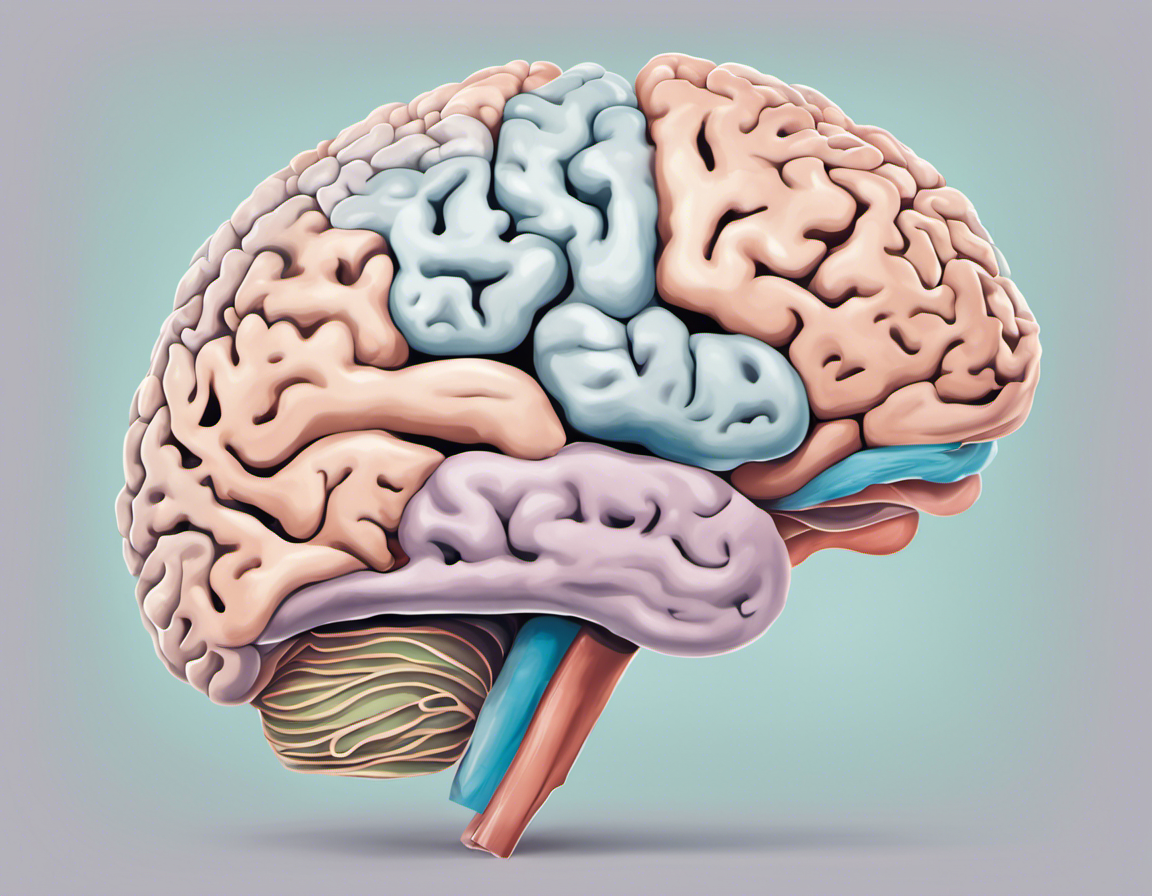Untangling ADHD: Symptoms, Medications, and Alternative Therapies Explained

Do you often find your mind wandering, unable to focus on the task at hand? Or perhaps you’re dealing with an energetic child who frequently acts impulsively? If so, you might find yourself navigating the complex landscape of Attention Deficit Hyperactivity Disorder (ADHD). This comprehensive guide serves as a navigation map for all aspects of ADHD, from identifying symptoms of impulsivity and forgetfulness to understanding potential drawbacks and side effects of conventional medications.
Beyond medicinal treatments, we delve into alternative approaches to managing ADHD, such as behavioral therapy, natural supplements, and lifestyle changes, including diet, exercise, and stress management techniques. We further highlight the importance of consulting with health professionals to find the most suitable treatment plan tailored to individual needs and circumstances.
In our modern society, ADHD is a prevalent yet often misunderstood condition. This guide envisages enlightening readers about the complexities surrounding ADHD while drawing connections with wide-ranging social implications. By acknowledging various strategies and their respective impacts on improvement, this article aims to educate and empower those grappling with ADHD. Join us as we untangle the world of ADHD—symptoms, medications, and alternative therapies explained in comprehensive detail.`
Understanding ADHD
Attention Deficit Hyperactivity Disorder, commonly referred to as ADHD, is a neurological disorder commonly diagnosed during childhood but can last into adulthood. This complex and multifaceted disorder impacts numerous aspects of daily life, including work productivity, activities of daily living, social interactions, and academic success.
Recognizing the Symptoms of ADHD
ADHD manifests through a variety of behavioral and cognitive symptoms. These include impulsivity, hyperactivity, inattention, and forgetfulness. Identifying these symptoms is crucial for a proper diagnosis and subsequent intervention.
Dealing with Impulsivity and Hyperactivity
Individuals with ADHD often exhibit signs of impulsivity and hyperactivity. Impulsive behaviors might include difficulty waiting their turn, interruptions during conversation, or impromptu decision-making without considering the potential consequences. Hyperactivity may come across as restlessness, trouble sitting still, or constant fidgeting.
Understanding Inattention and Forgetfulness
ADHD sufferers often struggle with inattention, making it hard to focus on specific tasks for extended periods. This symptom might manifest as work avoidance, trouble listening when spoken to directly, or difficulty following through on instructions. Forgetfulness likewise is common in people with ADHD, leading to lost items or missed appointments.
Drawbacks of Conventional Medication for ADHD
While medication is often the first line of treatment for managing ADHD symptoms, it’s equally essential to understand its potential drawbacks. These can include unpleasant side effects or risks associated with long-term use.
Side Effects and Long-Term Risks
Most ADHD medications are stimulants that increase alertness and attention. However, potential side effects can range from mild ones like dry mouth and trouble sleeping to serious ones like increased heart rate or blood pressure. Long-term use of these medications could potentially lead to more significant health risks, such as heart-related complications or mental health disorders like anxiety or depression.
Potential Dependency and Misuse of ADHD Medication
Due to the nature of ADHD medications, there’s a risk of dependency or misuse. This holds particularly true for teens and young adults who might misuse medication for academic pressure or recreational purposes. Maintaining regular check-ins with healthcare providers and adhering strictly to prescribed dosage can help manage this risk.
Alternative Approaches to Managing ADHD
In the quest for ADHD management, it is crucial to consider alternative options that may offer relief and enhance daily functioning. These methods attend to the condition holistically and can be tapped as additional or parallel aids aligned with conventional therapies.
Behavioral Therapy
Behavioral therapy functions as an effective adjunct to medication. A significant part of it is teaching individuals coping mechanisms for the most common ADHD symptoms and reinforcing desired behavior through rewards. Parents and teachers may also be involved in this therapeutic method in children to promote consistency and a robust support system.
Diet and Exercise
Healthy eating practices and regular physical activity play a substantial role in alleviating ADHD symptoms. Nutritional modifications that include reducing sugar intake and eating balanced meals regularly can help moderate erratic behavior and temper mood swings. Exercise has been proven to positively impact brain health by promoting neural growth and releasing endorphins, which act as mood enhancers.
Mindfulness and Stress Management Techniques
Mindfulness meditation, yoga, or Tai-chi are effective in helping individuals with ADHD cultivate focus, alertness, self-control, and calmness. They also contribute significantly towards stress management, which is essential in a disorder so strongly influenced by emotional regulation.
Natural Supplements and Herbal Remedies
Certain natural supplements and herbs might prove beneficial for managing ADHD symptoms. These include omega-3 fatty acids, zinc, iron, and other dietary aids. Consulting with a doctor or dietitian is suggested before incorporating any supplement into the routine.
Finding the Right Treatment Plan
ADHD treatment planning requires deliberation on many fronts; it is highly personal, catering to individualistic characteristics.
Consulting with Health Professionals
To construct a suitable treatment roadmap for ADHD, seeking advice from trained medical professionals is paramount. They help discern individual needs, suggest apt therapeutic actions, and oversee their effects.
Balancing Medication with Other Therapies
Balancing medications, such as stimulants or non-stimulants, with auxiliary therapies, such as behavioral therapy or natural remedies, can create a widespread net of intervention. This balanced approach helps address ADHD from multiple fronts.
Implementing Lifestyle Changes
Lifestyle changes form an integral part of ADHD management. These may involve structured routines, getting adequate sleep, joining support groups for emotional health, and incorporating physical activities into daily living.
Monitoring Progress and Adjusting as Needed
ADHD management is a journey of constant learning and adjustment. Regular check-ins with healthcare providers assist in tracking progress, recognizing areas for improvement, and modifying treatment plans when required. It allows balancing potential risks with therapeutic rewards to yield the best results.
Conclusion
In our journey exploring ADHD, we have covered its wide-ranging symptoms, from impulsivity to forgetfulness and the potential drawbacks and risks of conventional medication. We have also delved into alternative approaches – behavioral therapy, diet and exercise, mindfulness techniques, and natural remedies. Yet, it can’t escape our notice that professional consultation remains vital in tailoring the right treatment plan and balancing medications and other therapies alongside lifestyle adaptations.
Your struggle with ADHD does not define you. Instead, consider it a challenge to conquer, an opportunity for growth and self-mastery. Stay proactive about your health, act intentionally, and adhere to your personalized plan. Above all, remember you’re not alone in this journey – countless resources, people, and therapies are available as support.
Feel empowered to explore even more about ADHD. Understanding is the power that cultivates resilience and strength to manage ADHD daily, thereby inspiring others similarly grappling with the disease. The quest for knowledge never ends, nor should your quest for a thriving life with ADHD.




Comments